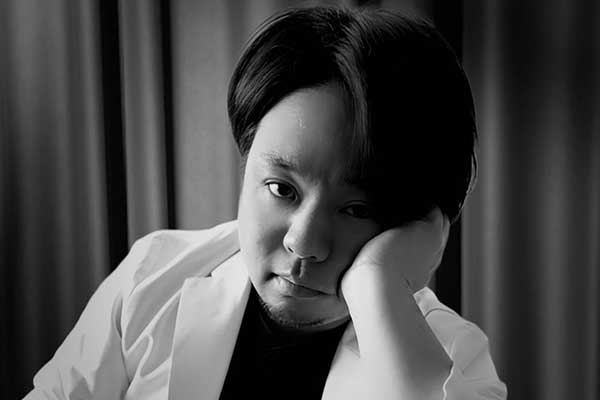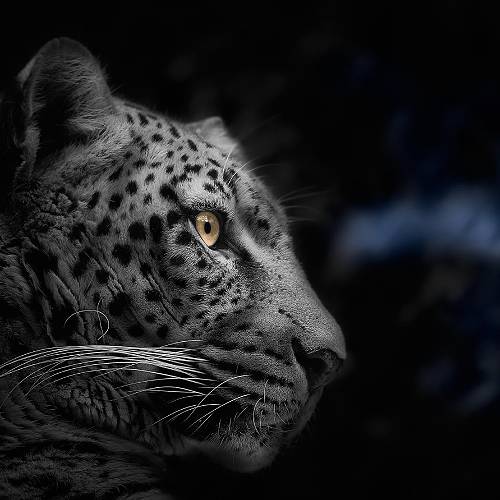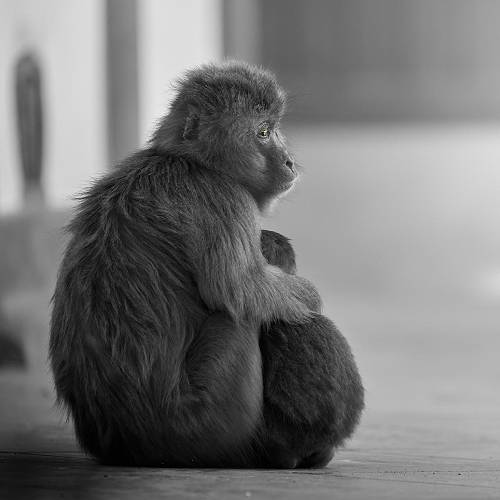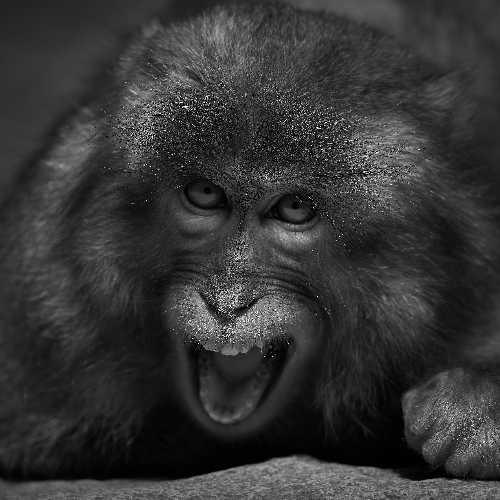
Interview
Yushi Kaisyakuji
Japan
Yushi Kaisyakuji is a pediatric surgeon and passionate photographer. He focuses on improving his craft, creating meaningful images beyond technical skill, especially valued on Japanese social networks.
1 Congratulations on winning in the MUSE Photography Awards! Can you share a little about yourself, what inspired you to pursue photography, and how has your journey evolved since your first shot?
Thank you. I am a pediatric surgeon, saving lives both small and big in the field, and I take photos as a hobby. On Japanese social networking sites, the quality of a photograph tends to be judged more by its entertainment value and the photographer's ability to communicate than by the technical quality of the photograph itself. Since I became a photographer, I have started to take photography seriously and create images to improve myself in terms of photography itself.
2 Can you share the story or inspiration behind your award-winning piece? How does winning this award make you feel about your journey in photography?
First of all, I would like to express my sincere gratitude for receiving the prestigious MUSE Photography Award. The award-winning work was taken of wild Japanese macaques found in a local national park. Japanese macaques and other primates sometimes express emotions and communicate with each other in ways that surpass those of humans. I try to capture these moments in my photographs. I also try to express the texture and emotion of the animals in my work so that it does not end up as just a documentary photograph. I am very happy to have received at least an honorable mention at MUSE, which has given me confidence and the joy of aiming even higher. I would like to continue to devote myself to my work.
3 How do you decide which photo to submit for a competition?
We chose shoot dates as close to the deadline as possible. The reason was not only to win an award but also to have people see me as I am now.
4 What first made you pick up a camera?
My wife's influence: She had been a camera hobbyist since before we were married, and it was under her influence that I bought my first camera. It didn't take me long to get into it.
5 What’s your favorite type of photography, and why do you love it?
I love animal photography. Certainly, animals have emotions. But even their emotional expressions are only what humans have imagined. No one knows if the animal really has those feelings. Still, humans never stop trying to imagine and feel their emotions. I believe that photography can at least give form to that moment, even if we don't know whether it is real or not. That is why I love animal photography.
6 What’s your go-to camera setup, and why does it work best for your projects? What’s your favorite feature?
I am a fan of SONY cameras. I can confidently say that SONY cameras are perfect for dynamic photography.
7 If someone looked at your work, what’s the one thing you’d want them to feel?
Above all, I want the viewer to feel as if they are "touching" the image with their eyes.I aim for photographs that evoke a sense of touch through sight.
8 What was the most challenging part of capturing your winning shot?
It was not difficult. I just took pictures while closely observing the monkeys' faces and imagining what each one was thinking. I have not done anything special.
9 Who or what has been your biggest influence in photography?
No one influenced me. I simply pursued what I wanted to do in my own way. I absorbed the necessary knowledge and skills from literature as needed. Even if my photographs include elements inspired by others, I am careful to ensure they are not directly copied in the creative process.
10 What message would you share to inspire photographers to participate in photography awards, and what advice would you give to help them excel in the competition?
First of all, we are not yet satisfied with the results, so I cannot say much. I believe I am just at the beginning.
11 What’s one piece of advice for someone just starting in photography?
We live in a world where we can easily access the work of others through social networking services. Therefore, it is also true that "good photographs" are becoming more uniform. I want people to take pictures of what they like—not by tracing someone else’s work in any form, but by capturing what they enjoy in their own way.
12 What role do editing and post-processing play in your creative workflow?
I prefer editing and retouching to shooting itself. Although a good photo is key, I believe the process of creating the photo is also very important. How much can I reflect my own style? That is what I focus on in my work.
13 How do you see technology, like AI, influencing the future of photography and your own approach?
I think the impact of AI is significant. However, it is only a tool. Even if AI is used in the process, it should reflect the user’s intent; if the user’s intent disappears through the use of AI, then it is not appropriate for the world of art. In short, I believe it is up to human beings.
14 If you could photograph anything or anyone in the world, what would it be?
I think it is my hand. That hand can be anything. I also believe it shows us that such a possibility is fully achievable.







